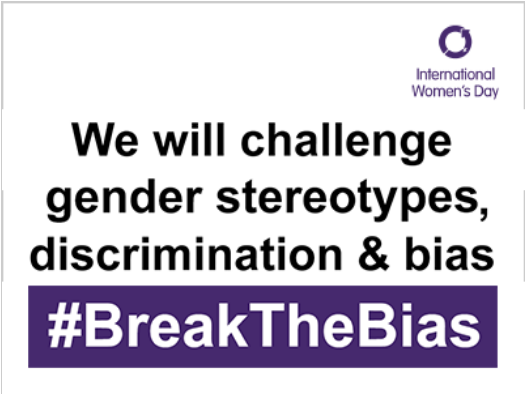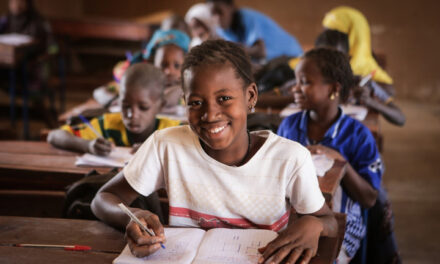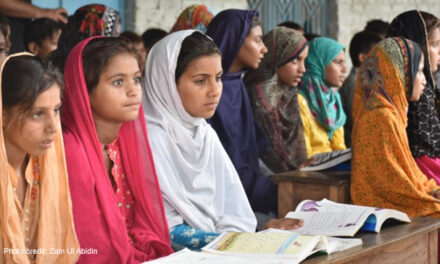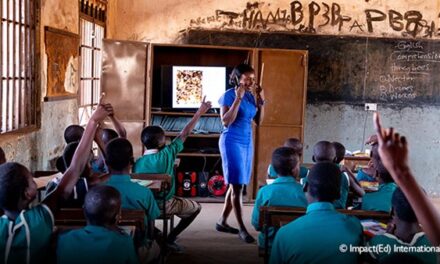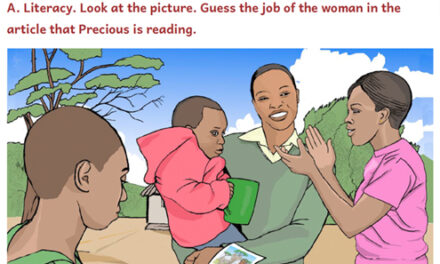The theme for International Women’s Day (IWD) 2022 is to imagine a gender equal world and #BreakTheBias. Imagine a world free of bias, stereotypes and discrimination; a world that is diverse, equitable, and inclusive; a world where difference is valued and celebrated. Together we can forge women’s equality.
The global call is for us to celebrate women’s achievement together, raise awareness against bias and take action for equality. The UKFIET community is already taking action, particularly on girls’ education, through research, practice and policy. Here, we have collated just a few blogs to show examples of this work, and we look forward to sharing more in future.
Honoured to partner on evidence to promote girls’ education internationally
by Pauline Rose, REAL Centre
Killing Neither Bird (But Wasting the Stone): The Conundrum of Girls’ Education and Climate Change
by Kirsty Newman, RISE Programme
Gender-responsive education in emergency in Nigeria: Safeguarding girls’ presents and futures
by Edem Dorothy Ossai
Protection is possible. How an innovative operating model strengthened safeguarding for the Girls’ Education Challenge
by Danielle Cornish-Spencer, Girls’ Education Challenge
Adapting interventions to strengthen teaching quality during the COVID-19 pandemic: Experience of the Girls’ Education Challenge in Afghanistan, Ghana and Sierra Leone
by Monazza Aslam, Phoebe Downing, Romanishi Gupta, Shenila Rawal, Pauline Rose and Katie Stewart
Fund Girls’ Education. Don’t Greenwash It.
by Megan Devonald, Susannah Hares, Nicola Jones, Laura Moscoviz, Jack Rossiter, Patrick Shaw and Workneh Yadete
Supporting vulnerable adolescent girls to continue their education should be prioritised in recovery plans for COVID-19
by Kath Ford, Young Lives
Mind the gap in refugee education: where are all the girls?
by Ruth Naylor, Education Development Trust
What is the Declaration on Girls’ Education, why does it matter, and what’s next?
by Anja Nielsen, UK Committee for UNICEF
Leaders must fund education or risk breaking their promises on girls’ education
by Anya Cowley and Chiara Damen, Save the Children
Education programming in a pandemic: Using what we already know about girls to support them during and after Covid-19 school closures
by Rachel Outhred, Anita Reilly and Fergal Turner
Yes to Girls’ Education—But Let’s Focus on Absolute Not Relative Outcomes
by Kirsty Newman, RISE Programme

